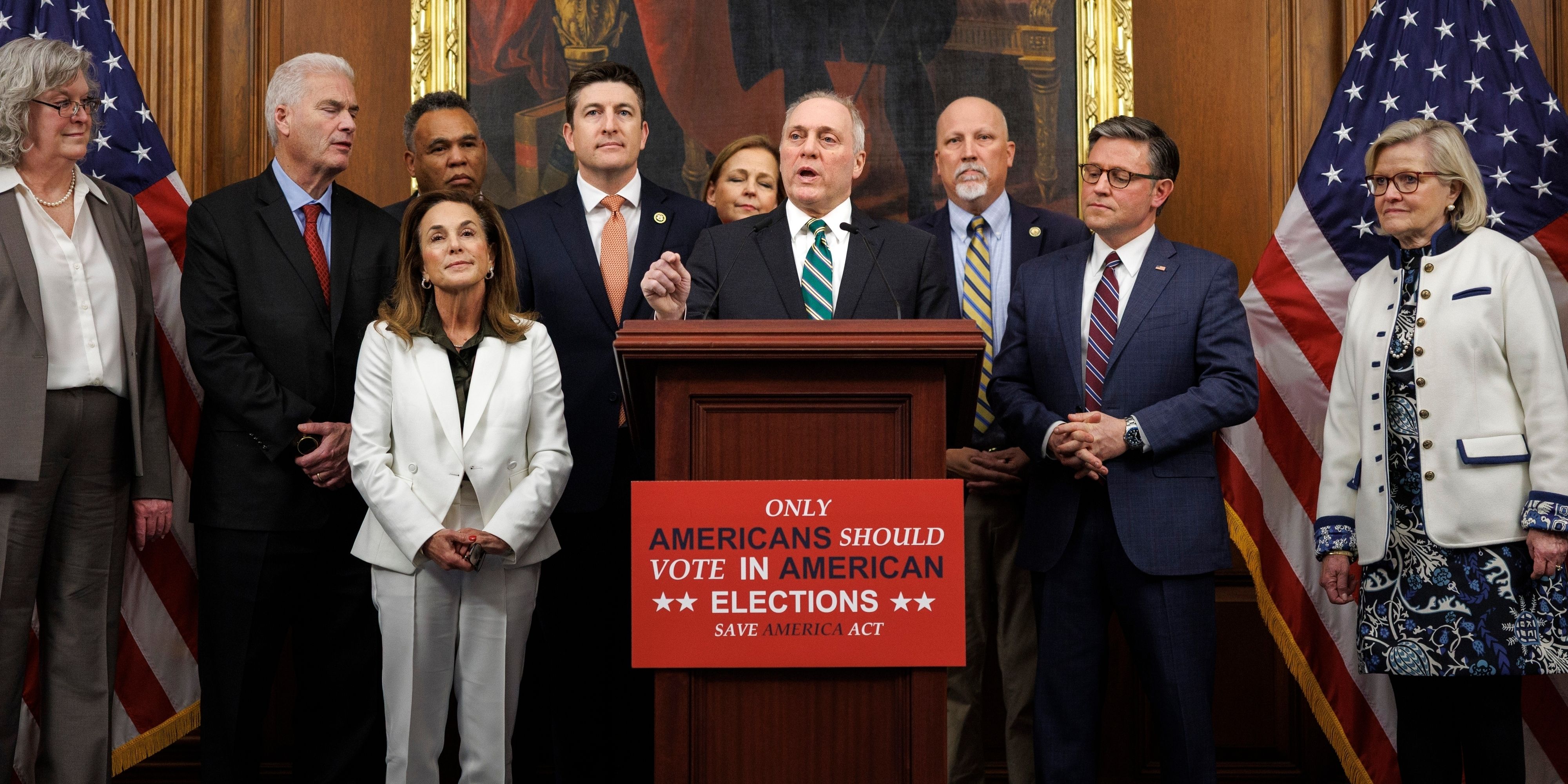WHEN THE PAYCHECK STOPS: HOW MILITARY SPOUSES ARE COPING DURING THE SHUTDOWN
COMMENT
SHARE

ADVERTISEMENT
Jenna didn’t panic when her husband deployed last spring. She didn’t blink when the PCS orders switched their home base, again. She even managed to survive remote learning during a pandemic. But this time? The battle is coming from Washington, not overseas. And it’s hitting her family where it hurts most: their bank account.
As of today, the federal government shutdown is the longest in U.S. history. For military spouses, this isn't politics; it's about rent, medicine, and sanity. They didn't cause it, and they shouldn't have to face it alone.
Shutdowns Happen. But This One Hurts More.
Shutdowns are not new for military families. Most have dealt with a furlough scare or waited for delayed benefits before. But this time is different.
This time, the shutdown is:
- Past the one-month mark
- Directly affecting families who serve and support the mission
- Threatening to cut off mid-month military pay
Also, 27 percent of working military spouses have federal jobs. So in many families, both paychecks have stopped.
Now, instead of choosing between ballet lessons and sports fees, families are deciding whether to fill prescriptions, pay rent on time, or use their savings if they have any.
Nobody Prepared You for Military Life
But we can help. Join over 100k spouses already getting the advice, resources, and military tea they need to thrive.
“We Stand Ready to Assist, But Congress Has to Act”
Last week, six major military organizations issued a rare and powerful joint memo urging Congress to reopen the government. Their message was not political; it was practical, patriotic, and deeply human:
"America’s troops and families should never have to shoulder the burden of political gridlock."
Emily, a military spouse from Virginia, reacted by saying,
"Reading this memo gave me hope. It's like finally someone out there understands how we're struggling and is fighting alongside us. We're not just statistics; we're families waiting for action."
This collective stance pairs institutional resolve with personal struggles, making it clear that it is time for Congress to act.
Their warning spelled out what military spouses live every day:
- 335,000 defense civilians are furloughed
- Military pharmacies are unable to refill some prescriptions
- On-base childcare workers are working without pay
- No funds are available for November 15 military paychecks if the shutdown continues
- $16 billion is needed per month to pay the military, which is too much for charities to replace
They concluded that only political leaders can fix this.
The Real Cost: Lives on Pause
For military spouses, the shutdown is not just about missing money. It’s also about losing momentum.
- You finally landed that GS job. Now you’re furloughed, and it's not just a financial setback; it's a blow to your identity and sense of accomplishment.
- You signed up for CYS care so you could look for work. Now your provider can’t afford to show up.
- You budgeted your holiday travel. Now that money has to cover TRICARE prescriptions and backlogged bills.
- You’re expected to keep everything together, but every step feels just one paycheck away from falling apart.
For stay-at-home parents, the mental stress is even heavier. How do you tell your child there is no money for the birthday gift they have waited for all year? Or explain why the commissary shelves are emptier than usual?
The Unseen Labor of Showing Up
Military spouses are expected to be resilient. They orchestrate the ceremony clothes, manage job applications, register new schools, and handle the goodbye hugs effortlessly.
But resilience has its limits, especially when budgets, healthcare, and peace of mind keep getting disrupted.
It’s time to name that invisible labor:
- Balancing budgets with shrinking income
- Allowing deployed or training spouses to focus without guilt
- Fielding emotional fallout from kids who overhear “shutdown” on TV
- Managing chronic stress while the government calls this “temporary”
Military spouses already handle parenting, moving, rebuilding, and keeping up morale without pay. They shouldn’t have to become experts in managing debt, too.
ADVERTISEMENT
What Spouses Can Do, and What They Shouldn’t Have to
- Connect with local and national support
- Apply for no-interest relief loans through military aid societies
- Check with your bank or credit union for shutdown hardship programs
- Join local spouse groups for resources, meal swaps, or childcare support
- Write to your representatives. Military organizations are urging all families to speak up.
- Share your story on social media or with military media outlets
- Let leaders know: silence is not strength; it is strain
Financial stress is also emotional stress.
Your health, sleep, and relationships are important. Ask for counseling, support, or take a break when you need to. You have supported others before. Now, it’s okay to let others support you.
This Isn’t Just a Shutdown. It’s a Slowdown of Military Life.
Military families did not sign up for this. Yet here we are, with shrinking budgets, uncertain benefits, and delayed futures. And we are not alone in saying this cannot continue.
Congress has the power. Spouses have their voices. And together, there’s a chance to shift this from a “new normal” to history in the rearview mirror.
The strength of our military begins at home. The people who keep things running behind the scenes deserve more than broken promises and missed paychecks.
Suggested reads:
Join the Conversation
BY NATALIE OLIVERIO
Veteran & Senior Contributor, Military News at MilSpouses
Natalie Oliverio is a Navy Veteran, journalist, and entrepreneur whose reporting brings clarity, compassion, and credibility to stories that matter most to military families. With more than 100 published articles, she has become a trusted v...
- Navy Veteran
- 100+ published articles
- Veterati Mentor
ADVERTISEMENT
ADVERTISEMENT




